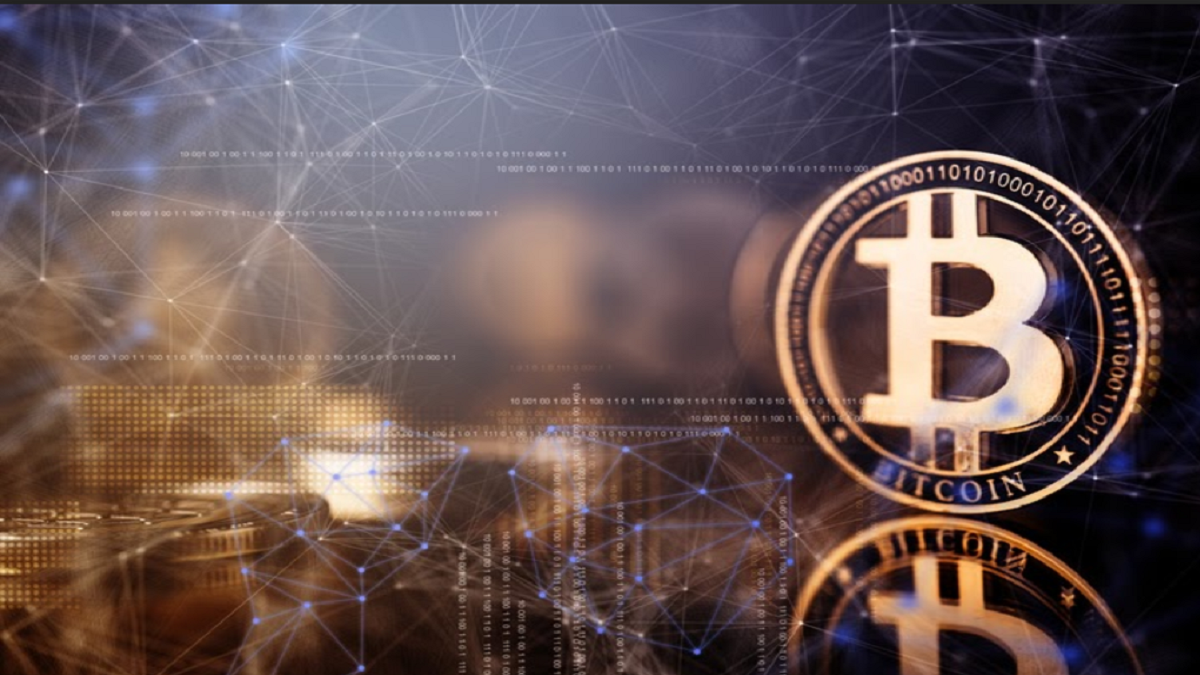
As my first piece of a series that I hope all of you will read and be entertained by, I’m lost at what to write about that will capture and hold your attention. In these series, my goal is question assumptions, examine perspectives, and challenge ideas.
Generally, as a subject expert I am invited to share my views on a particular topic and there’s a specific agenda. Now being fortunate enough to be gifted with freewill to share my views, I’m wondering whether choice of money as an outcome of aggregate free-will i.e. a free market for money will be just as daunting a choice for the populace or will the choice be straightforward like it always has been but just forgotten under the long reign of legal tender laws dating back to the Roman Empire. Why are people across Africa using prepaid phone minutes as money, and why did the Americans in March 2020 convert their $1,200 cheque received as part of the stimulus programme for Bitcoin? Could it perhaps be Gresham’s law? “Bad money drives good money out of circulation.” Is Bitcoin or cryptocurrencies that represent a non-sovereign bearer instrument fit for the information/ digital age threat to the inflationary monetary regime that we have been forced into for the last 80 years? Gold standard officially ended in 1971 but even before that the US government was printing way more dollars than the gold they claimed to hold in Fort Knox, which is why in August of 1971, President Richard Nixon institutionalised an inflationary fiat monetary regime and the rest of the world had no choice but to accept it, given the might and power of the US military and since then, as we all know, the dollar has been increasingly weaponised.
Why do the governments and banks around the world fear the widespread use of cryptocurrencies as money? What is the history of money? And why are we not allowed to question and/or separate the infrastructure of political/state control from the infrastructure of commerce and the supposedly “free” market economy? Why was it so necessary to separate religion from state? Does choice of religion make everyone a rebel? In the same way, does choice of money make everyone a criminal? Did the automobile make everyone a bank robber because it allowed for faster escape? Did the invention of fire spur civilisation or did it lead to widespread arson? And finally does nuclear technology not pose a bigger threat to national security than Bitcoins?
Money is one half of every commercial transaction, yet its value as a monetary good is set by the powers that be. If this isn’t price control, then what is! Why is the money that is forced upon us constantly losing purchasing power? Rs 100 in 1958 are equivalent to Rs 8,117.22 in 2020.
Why can’t we have a monetary good whose value remains stable and/or increases over time? If you ask a Keynesian, or go back to your economic textbooks what you come up with is the following: inflation encourages spending that leads to growth and employment whereas money that held on to its value or God forbid increased in value would discourage spending and incentivise saving. Inflation leads to prioritising our current self over our future self and encourages people to adopt a high-time preference for money since saving it would be a loser’s strategy in a world where lowering interest rates or QE are essential measures being undertaken by the central bankers around the world.
To put into perspective the effects of living in an inflationary monetary regime and the value proposition of sound money like gold, let’s take the period from 2000 to 2018 during which time annual household expenditure has increased at a rate of 9.5 per cent per annum. And surprise, surprise — fixed deposits have yielded a post-tax return of only 5 per cent per annum (due to policy of low interest rates), whereas the price of gold has grown at 11.5 per cent per annum and the BSE Sensex has moved up by 11.4 per cent per annum. As per RBI, 51 per cent of household financial assets are held in currency and deposit form, compared to only 8 per cent in equities as of FY18.
But what happened when the monetary regime was deflationary? When gold was money, most of the world witnessed unprecedented levels of capital accumulation, free global trade, restrained government and improving living standards. Some of the most important achievements and inventions in human history were made during this era, which came to be known as la belle époque across Europe and the Gilded Age within the United States. This golden era enabled by the gold standard remains one of the greatest periods in human history, however there was a major flaw; settlement in physical gold was cumbersome, expensive and insecure.
Bitcoin enables for the first time in history a “scarce” digital good with a hard-coded stock to flow ratio (S2F) comparable to and in some time higher than gold’s. Commodities such as gold — valued by investors for their scarcity — have the highest stock-toflow ratio of 62, meaning it would take 62 years of gold production to mine the current gold stock. Silver has a stock-to-flow ratio of 22 years for its production to reach the current silver stock. Bitcoin’s stock-to-flow ratio is now 50 following bitcoin’s third halving last month, which saw the rate of production cut by half — dropping from 12.5 bitcoin to 6.25 every 10 minutes.
Living as we do in the digital age where in any case the money in use today is mostly digital and in fact “go-cashless” is the mantra, can we not restore to a non-sovereign apolitical store of value with no counterparty risk that led to La Bella Époque in Europe and the Gilded Age in North America? Thanks to the power of decentralised p2p protocols, cryptocurrencies are functionally more advanced than gold and are better suited to modern realities of the digital age. The Bank of America published a bullish article on gold, why? Because it “can’t be printed out of thin air” The chairman of the Fed, Jerome Powell, compared Bitcoin to gold and Paul Tudor Jones, one of the wealthiest American investors, allocated capital to Bitcoin, why? He saw it as an inflation hedge. This is because Bitcoin is an equity-based asset, it doesn’t appear as a liability on the balance sheet of its issuer just like owning an actual physical bar of gold is not an IOU and neither is owning a deed to real estate.
What’s the technology behind Bitcoin and what is its value proposition as a more technologically advanced money? Bitcoin technology is the culmination of 3-4 decades of advancements in cryptography, distributed computing systems at the same time leveraging game theory principles to incorporate clever incentive engineering to achieve a solution to the tragedy of the commons. The Bitcoin protocol allows for the synchronised co-creation of a distributed ledger shared/replicated across multiple computers/ nodes around the world and incentivises the ‘settlement of accounts’ and the ‘provision of security’ of the underlying network by converting it into a competition called mining. Mining commoditises the role of service providers to the network and those that are the fastest and most efficient are rewarded newly minted tokens called Bitcoins. This release of Bitcoins as incentive tokens allows for the disintermediation of proprietary network operators (financial institutions) and allows for the ‘freedom of speech in terms of value’. It literally converts speech into value. By enabling digital scarcity for the first time on the Internet, this new frontier will open up numerous unimaginable applications to be built atop the Internet of value by dropping to almost zero the cost and time to transmit value, just as the Internet of information democratised the generation and sharing of ideas and communication across the world. We have enjoyed the privileges of VoIP over the last 30 years and now it’s time to begin exploring the possibilities of MoIP (Money over Internet Protocol). By converting the medium of money into a content type, we are able to push value instead of pull value when we make payments using our debit/credit cards online or offline/POS devices.
The writer is the co-founder of MainChain Research & Consulting Pvt Ltd, a certified Bitcoin professional.














